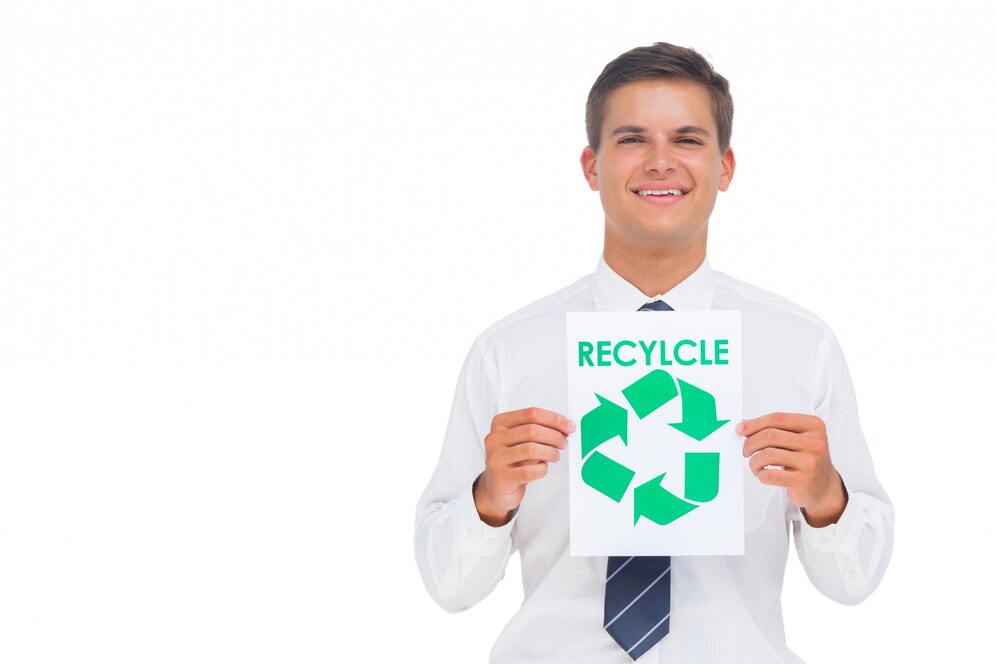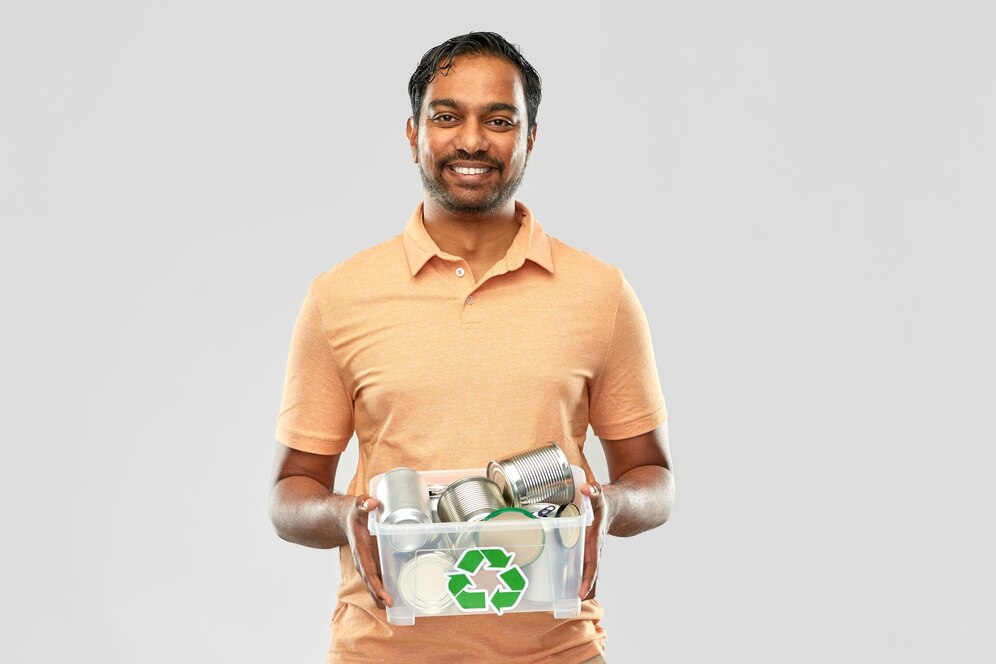In a digital age where new terms pop up like mushrooms after rain, “recuperbateabout” is one of those quirky, curious words that captures attention. It sounds like it belongs somewhere between a sci-fi novel and a wellness blog, right? But what does it really mean? Is it a trend, a concept, a brand, or just internet gibberish?
This article is here to break it all down for you—casually, clearly, and with a touch of expert insight. Let’s dive into the world of “recuperbateabout” and see what it’s all about (pun intended).
What Is Recuperbateabout? A Word That Demands Attention
At first glance, recuperbateabout seems like a made-up mashup. In fact, it might very well be just that—a neologism or coined term that’s gaining traction in niche corners of the internet. Let’s break it down into parts to get a better grasp.
A Blend of Familiar Roots
- “Recuperate” is a common word, meaning to recover or regain strength after illness, fatigue, or some form of loss.
- “About” is, well, self-explanatory—used to refer to a subject or topic.
- The wildcard here is the inserted “bate,” which could resemble “debate,” “vibrate,” or “reverberate,” depending on how you interpret it.
The combination results in something that sounds like “recovering while revolving around a subject” or “a discussion or action involving recovery.” It might also imply a reflective or analytical approach to healing, progress, or self-development.
The Rise of Intentional Language
In the internet age, new words are born out of necessity, branding, or even memes. Terms like “recuperbateabout” might originate from blogs, forums, or even social media pages focused on mental wellness, lifestyle improvement, or conceptual self-care. It’s part of a broader trend where language evolves to describe new cultural experiences or thought patterns.
So even if it’s not in your Oxford dictionary, that doesn’t mean it doesn’t hold meaning—especially in specific online communities.
Is Recuperbateabout a Concept or a Movement?
Let’s explore this idea: what if recuperbateabout isn’t just a fun word but actually represents a bigger, meaningful concept?
The Fusion of Recovery and Reflection
Think of recuperbateabout as a lifestyle mindset—a process of actively recovering from stress, burnout, or emotional fatigue while engaging in deep self-reflection. It’s not just “getting better.” It’s getting better with intention.
For example:
- After a long week, instead of mindlessly binge-watching TV, someone practicing recuperbateabout might journal, meditate, or walk in nature while reflecting on the emotional toll of the week.
- It’s about taking healing seriously—but not rigidly. You don’t just recover; you evaluate your recovery as it happens.
The Community Aspect
There’s also a chance that recuperbateabout refers to a shared experience—maybe even an online community where people discuss their healing journeys, offer support, and share methods for bouncing back stronger. This would align well with platforms like Reddit, Tumblr, or newer decentralized networks.
A quick scroll through similar wellness hashtags shows that people crave these spaces. Recuperbateabout could easily fit into the mold of modern self-help, where recovery is public, communal, and often aestheticized.
An Evolution of Self-Care?
In a world oversaturated with surface-level self-care (bath bombs and candles, anyone?), recuperbateabout might represent the next stage—something deeper. Something that involves accountability, vulnerability, and personal growth. It’s not just feeling better—it’s understanding why you didn’t feel good to begin with.
That’s powerful.
Practical Ways to Incorporate Recuperbateabout Into Your Life
Assuming recuperbateabout is something we do—how do we start? How can someone bring this quirky concept into their everyday routine? Here are a few practical ideas.
1. Reflective Recovery Time
Set aside a little time each day or week not just to rest, but to consciously reflect on how you’re recovering. This might mean:
- Journaling about what triggered your stress
- Tracking energy levels and emotional ups and downs
- Asking questions like, “What helped me feel better today?” or “What drained me more than it should have?”
This isn’t about overanalyzing—just being gently curious about your own patterns.
2. Mindful Media Consumption
Recovery in the modern world often involves Netflix or social media scrolling—but recuperbateabout invites you to consider how these affect your mental and emotional health.
Maybe:
- You create a “healing playlist” that uplifts without overwhelming.
- You watch documentaries or listen to podcasts that teach or inspire.
- You unfollow accounts that spike your anxiety.
Basically, curate your consumption for restoration, not just distraction.
3. Intentional Conversations
A big part of recuperbateabout could be the social element—talking with people who support your growth and challenge your old ways of thinking. Try:
- Having check-ins with a friend where you both share your highs and lows of the week
- Talking to a therapist or coach
- Sharing your story with an online support group
Healing gets deeper when you let others in.
Why the Word Matters: More Than Just a Trend
Words have power, especially in times of mental health awareness, personal transformation, and collective burnout. Whether it’s a real term or a made-up one, recuperbateabout matters because of what it represents.
Language as a Tool for Healing
Creating a new word gives people permission to frame their experience in new ways. Think about how terms like “burnout,” “imposter syndrome,” or “emotional labor” changed how people related to their own feelings.
Recuperbateabout might be the next in line—a word that encourages a nuanced, compassionate approach to feeling better, especially in a chaotic world.
Cultural Relevance

As people seek alternatives to hustle culture and superficial wellness advice, terms like recuperbateabout resonate because they sound real, grounded, and holistic. They hint at a process—not a product—and that’s exactly what many people are craving.
It’s not about having all the answers. It’s about being willing to explore the questions while taking care of yourself.
Could Recuperbateabout Be a Brand, Blog, or Digital Product?
It wouldn’t be surprising if someone turned recuperbateabout into a full-on digital brand. The name has that catchy, memorable quality. It rolls off the tongue and sticks in your brain. Let’s speculate a bit.
Potential Brand Directions
If recuperbateabout were a startup or wellness blog, it could:
- Sell journals, mindfulness tools, or digital planners
- Offer online classes or guides for intentional living and emotional health
- Host a podcast featuring conversations around modern healing and recovery journeys
It could even become a subscription-based self-care newsletter, offering prompts, playlists, and weekly reflections.
Community Building
A brand built on this word would likely emphasize community—forums, retreats, or app-based support groups where people share how they’re “recuperbateabout-ing” each week.
Think of it like a hybrid of Calm, Substack, and a therapy blog. There’s potential here.
Conclusion: Recuperbateabout Might Be Nonsense… or Genius
Here’s the truth: recuperbateabout might not (yet) be an officially defined term. It might be random, invented, or niche. But that doesn’t make it meaningless. Language is constantly evolving, and sometimes the weirdest words offer the deepest insights.
Recuperbateabout isn’t just about recovery—it’s about how you think, feel, and grow during the process.
It’s the mix of healing and self-awareness that defines the modern wellness movement. So whether you’re coming across it on social media, using it in your journal, or just enjoying the word for how it sounds—embrace it.

